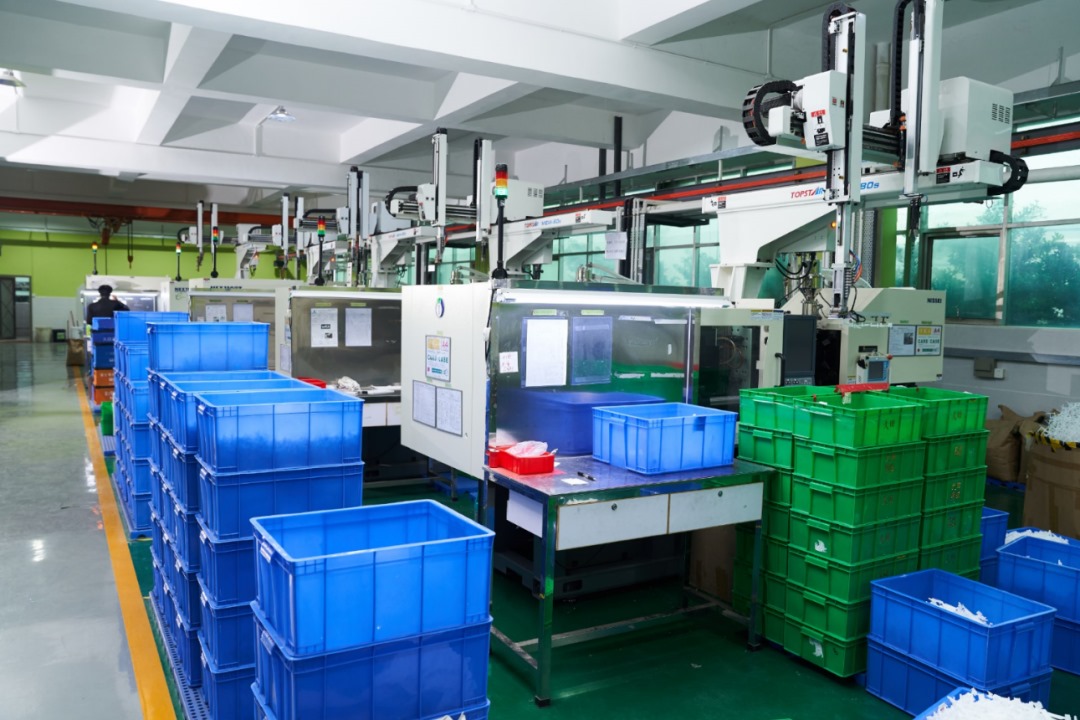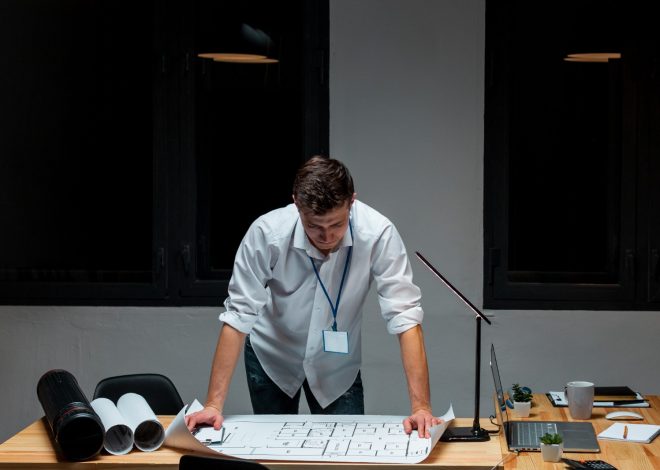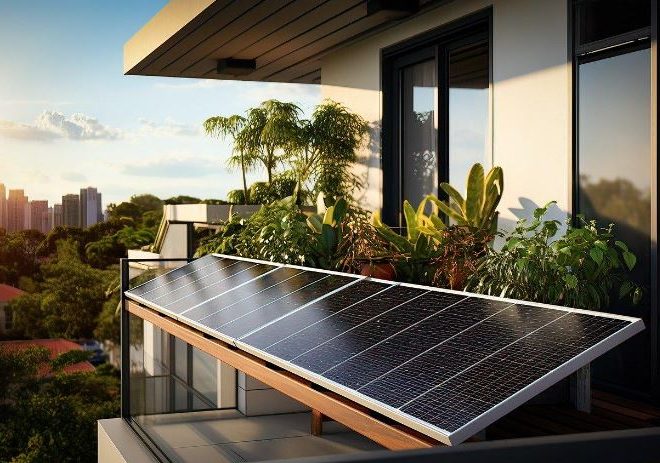
Best Solution Navigating Environmental Considerations in Plastic Mold Manufacturing
Plastic mold manufacturing has long been associated with environmental concerns, from excessive waste generation to high energy consumption. In this article, we delve into the best solutions for navigating these environmental considerations, ensuring a sustainable future for the industry.
I. Introduction
The Plastic Mold manufacturing industry faces a pressing need to address its environmental impact. As global awareness of climate change grows, companies are seeking effective solutions to minimize their carbon footprint. This article explores the various strategies and innovations that can lead the way to a more sustainable future in plastic mold manufacturing.
II. Understanding Environmental Impact
Traditional plastic mold manufacturing methods contribute significantly to environmental degradation. The production process often involves the use of non-renewable resources, leading to increased carbon emissions and energy consumption. Understanding these impacts is crucial in finding viable solutions.
III. Sustainable Materials
One key solution is the adoption of sustainable materials in plastic mold manufacturing. Biodegradable polymers and recycled plastics offer an eco-friendly alternative, reducing dependence on traditional, environmentally harmful materials. The benefits extend beyond environmental considerations to creating a positive brand image.
IV. Energy Efficient Processes
Energy efficiency plays a pivotal role in mitigating the environmental impact of plastic mold manufacturing. Technologies such as energy-efficient machinery and the utilization of renewable energy sources can significantly reduce carbon emissions, making the manufacturing process more sustainable.
V. Waste Reduction Strategies
Minimizing waste is a critical aspect of environmentally responsible manufacturing. Implementing strategies like lean manufacturing, recycling, and reusing materials contribute to a circular economy, reducing the overall environmental impact of plastic mold manufacturing.
VI. Regulatory Compliance
To ensure sustainable practices, manufacturers must adhere to environmental regulations. International standards and local regulations guide the industry toward responsible and ethical manufacturing practices. Staying compliant not only helps the environment but also safeguards a company’s reputation. Challenges and Innovations in Die Casting
Die casting is a metal casting process that involves injecting molten metal into a mold under high pressure. This method allows for the precise and rapid production of complex shapes with excellent dimensional accuracy. Commonly used for manufacturing components in industries such as automotive and electronics, Die Casting China ensures a smooth surface finish and high strength in the final product. The process’s efficiency and cost-effectiveness make it a preferred choice for mass production of parts with intricate designs, meeting the stringent requirements of various applications.
VII. Corporate Social Responsibility
Companies play a vital role in promoting sustainability. Embracing corporate social responsibility (CSR) involves adopting practices that benefit society and the environment. By integrating eco-friendly initiatives into their operations, companies can build a positive image and attract environmentally conscious consumers.
Target Market and Distribution of wholesale flat irons
Wholesale flat irons are essential tools for the beauty and hairstyling industry, offering a convenient way to achieve sleek, straight hair. These professional-grade styling tools are designed for durability and efficiency, making them ideal for bulk purchase and resale. Salons, beauty supply stores, and online retailers often opt for Wholesale flat irons to meet the demands of their customers while enjoying cost savings. With a variety of features such as adjustable temperature settings and ceramic plates, these flat irons cater to different hair types and styling preferences. Investing in wholesale flat irons ensures a reliable supply for businesses in the beauty industry.
VIII. Case Studies
Examining successful case studies provides valuable insights into effective sustainability practices. Companies that have successfully navigated environmental considerations in plastic mold manufacturing offer lessons and inspiration for others looking to implement positive changes.
IX. Technological Innovations
Technology continues to drive innovation in plastic mold manufacturing. From 3D printing to advanced molding techniques, embracing the latest technologies can enhance efficiency and reduce environmental impact. Staying abreast of these innovations is crucial for industry leaders.
Examining the versatility of high speed hair dryers
A high speed hair dryer is a must-have tool for those seeking efficient and quick hair drying solutions. Designed with advanced technology, these dryers provide powerful airflow, significantly reducing drying time. The combination of high-speed motors and innovative features such as heat control and ionization contributes to smoother, shinier hair without excessive heat damage. Whether used in professional salons or personal grooming routines, high-speed hair dryers offer a convenient and effective way to achieve salon-quality results at a faster pace. Their lightweight and ergonomic design make them user-friendly and suitable for various hair types and styles.
X. Training and Education
Education is key to implementing sustainable practices. Offering training programs for industry professionals ensures that they understand the environmental considerations and can contribute to a more sustainable future. Knowledgeable professionals can drive positive change within their organizations.
XI. Collaboration for Sustainability
Achieving sustainability goals requires collaboration among manufacturers, suppliers, and regulatory bodies. A collective effort to implement environmentally friendly practices can lead to a significant reduction in the industry’s overall environmental impact.
XII. Overcoming Challenges
Transitioning to environmentally friendly practices may pose challenges. Identifying common obstacles and providing solutions helps manufacturers navigate the complexities of change, making the transition smoother and more effective.
XIII. Future Trends
Predicting future trends is essential for staying ahead in sustainable plastic mold manufacturing. As technology continues to evolve, anticipating the next big innovations can position companies as leaders in eco-friendly practices.
XIV. Conclusion
In conclusion, navigating environmental considerations in plastic mold manufacturing requires a holistic approach. From adopting sustainable materials and energy-efficient processes to embracing corporate social responsibility, the industry has the tools to create a positive impact on the environment. By collaborating and staying ahead of tec



